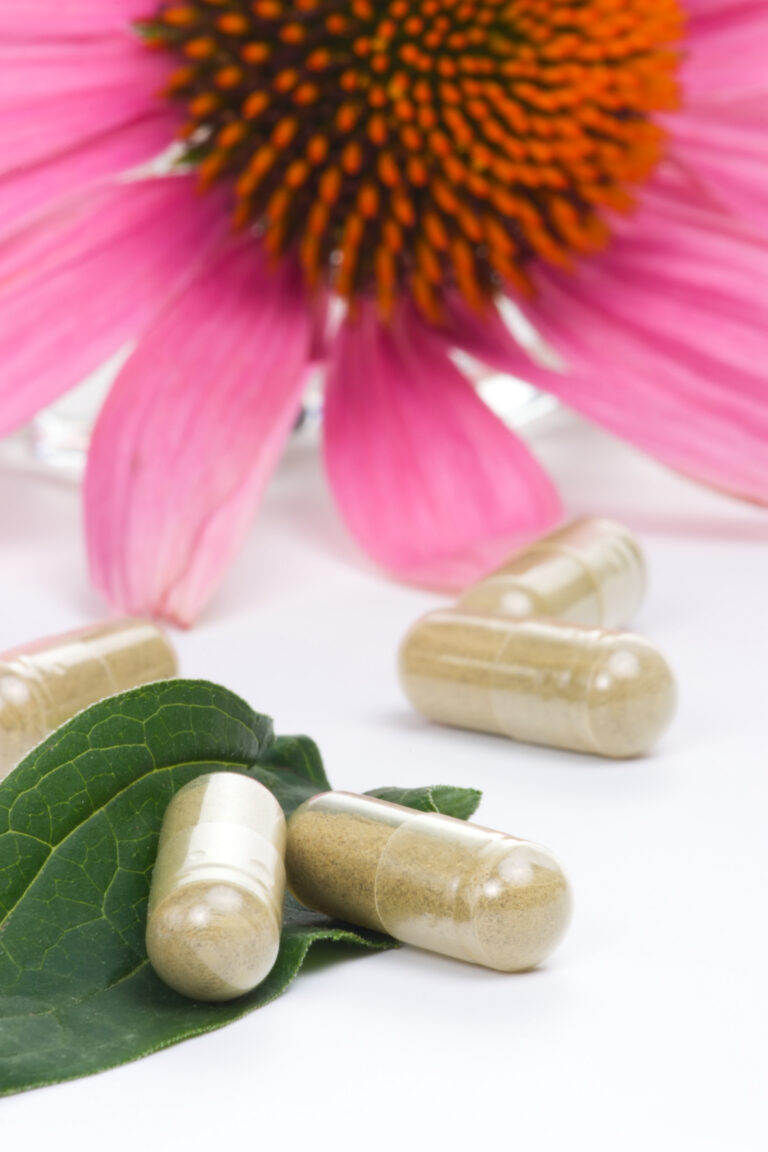Herbal Medicine
What is Herbal Medicine?

Herbal medicine is the art of restoring health using herbs. Herbs are nature’s cure for most of the maladies of the body and have been used throughout the history of man. It is referred to in many ancient writings, including the Holy Bible.
Herbal medicine is also referred to as “herbalism”, or “folk medicine”, because it originated before modern medicine came to be. It is also called “botanical medicine”, “medical herbalism”, “herbal medicine”, “herbology” and “phytotherapy”. Although herbal medicine primarily utilizes plants, it may also encompass the use of minerals, shells, animal parts (such as liver or kidney glandulars), and even bee products (such as propolis), fungal products (such as mushrooms), and tinctures that have plant or homeopathic substances in it.
Herbs are foods. They provide a variety of nutrients needed by the body to support or restore function. They contain substances that are helpful medicinally, and approximately 12,000 secondary metabolites shown to be effective in health maintenance have been isolated.
Modern medicine originated from herbal medicine, and herbs are still the original sources of compounds that are discovered to help with certain diseases that are duplicated by the pharmaceutical industry. Fortunately, herbs have far less side effects than their drug counterparts; however, herbs still need to be used judiciously. Too much of any good thing can also be a bad thing if not used correctly. This is why it is advisable to counsel with a practitioner experienced in herbal medicine.
Although herbs have a reputation of being used mostly to treat ailments, the real power of herbs is in their ability to prevent certain maladies. As with all plants, herbs contain sufficient quantities of micro-nutrients that are necessary for the building, repair and function of all systems in the body.
Herbs can be given in many forms. They can be in a pill or capsule form, boiled/steeped as a tea, prepared as an alcohol or glycerin extract, in an herbal syrup or in salves and applied topically. The flowers, roots, stems, bark, berries, leaves, seed or whole plant can be used.
Herbal medicine is accepted as part of normal health care in most countries, but only as a secondary means of healing in the United States. Nearly 70% of German physicians use plant-based medicines and in China, when you get your drug prescription filled at the hospital, you'll find the herbal pharmacy next door. Typically doctors in China will prescribe both an herbal remedy and a drug remedy simultaneously. The World Health Organization estimates that 80% of the world population relies on herbal medicines for some part of their primary health care. We are far behind. Some of our numbers here in the States may be skewed because, according to a study in the New England Journal of Medicine, 70% of people taking herbal medicines (most of these are educated people), don't tell their doctors that they use alternative medicine.
As with any form of medicine, alternative or conventional, discretion is needed as herbs can interact with medications and so it is important to work with a practitioner educated in the proper use of herbal products.
Herbs can be an important part of any health regime, along with good nutrition and proper care of the body.
Let's Solve This Puzzle Together!
At Vital Health we help people find clarity regarding the root causes of their health challenges and provide step-by-step guidance on what to do, and when to do it, in order to restore health naturally.

